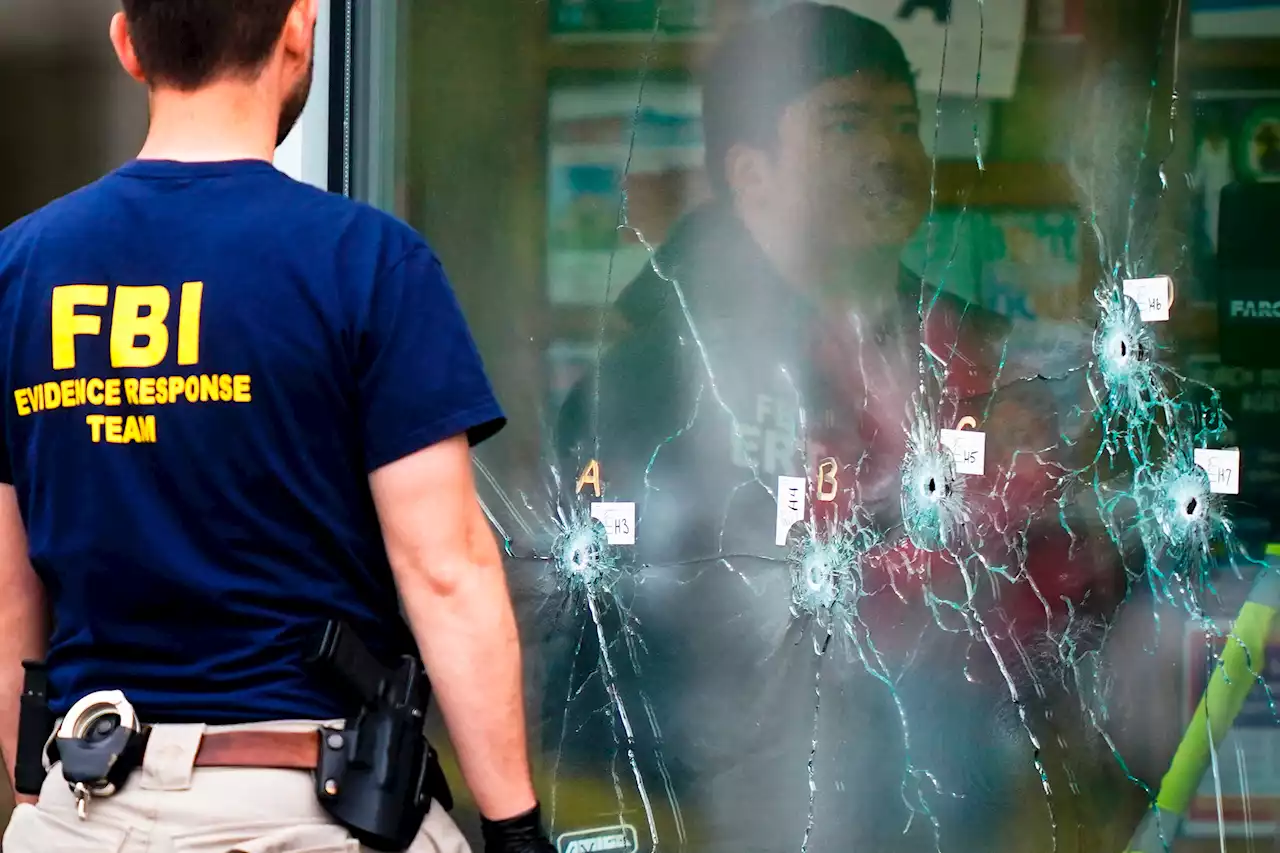Social media platforms committed to put an end to viral videos of terrorist attacks on their platforms. The attack in Buffalo, New York, has revealed that their efforts are still a work in progress 📝: billyperrigo
hree years after social media platforms committed to put an end to viral videos of terrorist attacks on their platforms, the attack in Buffalo, New York, has revealed that their efforts are still a work in progress.
“He knew that as long as there was time for people to watch and download, then this would spread [online] regardless of how quickly Twitch took it down,” said Berntsson in an interview on Monday, referring to the attacker. “Clearly an audience was ready and prepared to download this kind of stuff.” The Buffalo shooter was directly radicalized by those videos. In a manifesto posted online shortly before the attack, seen by TIME, the Buffalo shooter said that he was inspired by the Christchurch attacker’s politics, and that he decided to live stream his own attack in order to inspire others. He also said he chose to stream on Twitch because it had taken the platform 35 minutes to remove the livestream of the Halle attack.
In the immediate wake of the New Zealand attack, many of the world’s biggest social media platforms signed onto the “,” a commitment to stamp out the spread of terrorist content online. Through an industry group, the Global Internet Forum to Counter Terrorism , the platforms are sharing identifying data about the Buffalo shooter’s video and manifesto between them in order to make it easier to remove from their sites.
While hashing’s shortcomings are not the root cause of the problem, some counterterrorism experts say they are one of the core weaknesses in the platforms’ current joint approach to terrorist content. “The patchy response from various platforms that are [members] of the hash-sharing database arguably suggests that improvements can be made,” Berntsson says.
Some in the sector have lost patience with the platforms. “I’m sure there’s issues with people remixing content and only posting a clip of it, and all of the tricks that we know to try to evade automatic detection,” says Kayyali, who sits on civil-society advisory boards for both the Christchurch Call and GIFCT.
Canada Latest News, Canada Headlines
Similar News:You can also read news stories similar to this one that we have collected from other news sources.
 Why Prince Harry and Meghan's daughter's first birthday will be very different to their son'sMeghan Markle's daughter Lili is celebrating her first birthday next month, but it will be very different compared to how the Sussexes marked their son Archie's special occasion – find out why
Why Prince Harry and Meghan's daughter's first birthday will be very different to their son'sMeghan Markle's daughter Lili is celebrating her first birthday next month, but it will be very different compared to how the Sussexes marked their son Archie's special occasion – find out why
Read more »
 ‘We have to be careful’: why are masks still worn in Japan and South Korea?Covid cases are stabilising in the countries but many may continue to wear face coverings, even if rules change
‘We have to be careful’: why are masks still worn in Japan and South Korea?Covid cases are stabilising in the countries but many may continue to wear face coverings, even if rules change
Read more »
 Why Urdu language draws ire of India’s right-wingThe right-wing appears to think the language as a foreign import but history shows quite the opposite.
Why Urdu language draws ire of India’s right-wingThe right-wing appears to think the language as a foreign import but history shows quite the opposite.
Read more »
 Katy Perry reveals why she once broke up with Orlando Bloom“Then I had the worst year of my life.”
Katy Perry reveals why she once broke up with Orlando Bloom“Then I had the worst year of my life.”
Read more »
 Why do employers still not trust people to work from home?This discourse of employer distrust towards employees is still prominent – despite the fact many have been actively practicing flexible working for two years.
Why do employers still not trust people to work from home?This discourse of employer distrust towards employees is still prominent – despite the fact many have been actively practicing flexible working for two years.
Read more »
 Why Russia still has friends in France despite Ukraine invasionWhen Ukraine’s Kalush Orchestra won the Eurovision Song Contest on Saturday, French social media filled with scorn. The public vote was obviously truqué (fak
Why Russia still has friends in France despite Ukraine invasionWhen Ukraine’s Kalush Orchestra won the Eurovision Song Contest on Saturday, French social media filled with scorn. The public vote was obviously truqué (fak
Read more »
